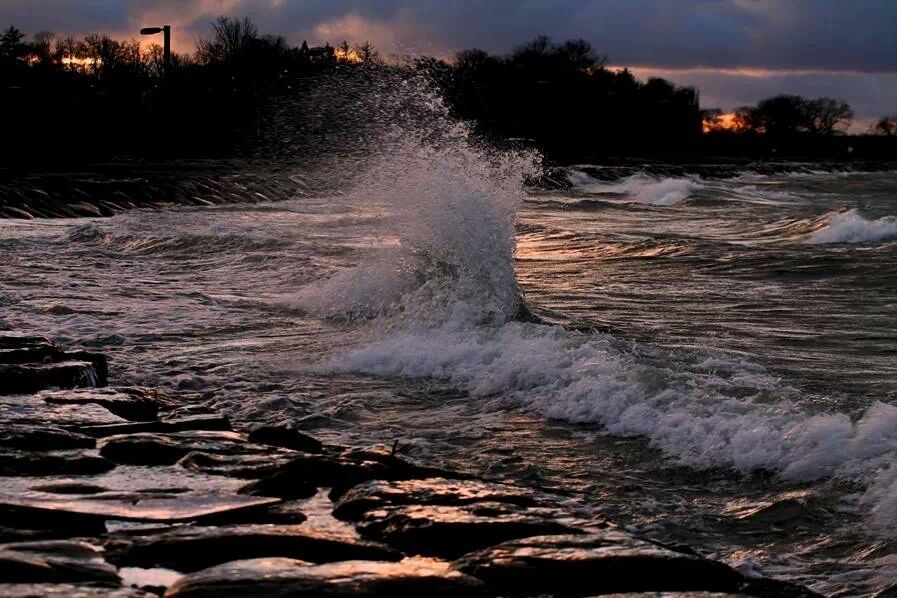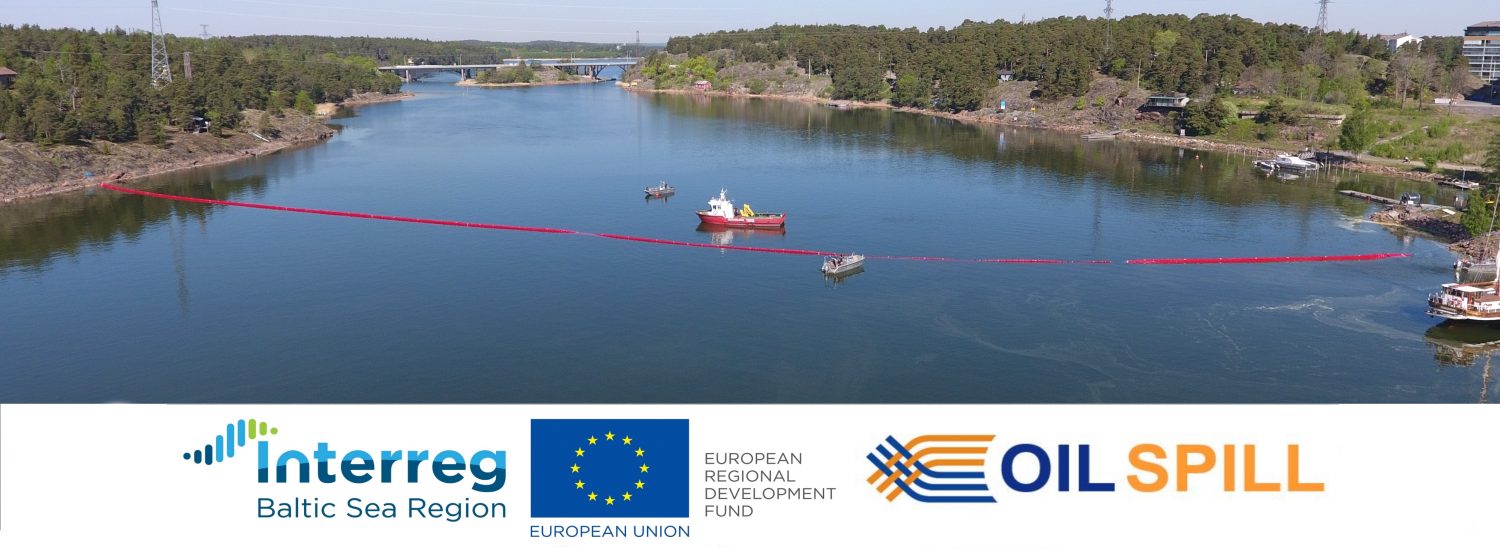Introducing the Ministry of the Environment, Estonia (1/3)

The Ministry of the Environment is, in the literal sense, the most nature-friendly ministry of Estonia. Estonian natural values and resources form a national wealth, which shall be used sustainably. The task of the Ministry of the Environment is to create such prerequisites and conditions, which ensure us and the following generations diverse nature and clean living environment as well as the sustainable use of natural resources. The area of government of the ministry includes, among other topics:
- organizing meteorological observations, nature, and marine research, geological, cartographic and geodetic operations
- organizing the use of external tools for environmental protection, as well as compiling strategic documents and draft legislation
Protection of the marine environment
Estonia is a small maritime nation in Northeastern Europe, located on the shores of the Baltic Sea. The sea forms an essential part of our national identity, and we feel a great responsibility towards safeguarding the health of marine environments. 30 % of our coastal and marine areas are already under protection, and we are planning to establish marine protection areas in our exclusive economic zone as well. Designating protected areas is one of the easiest measures for safeguarding marine species and habitats.
Our Baltic Sea is one of the world’s largest brackish water bodies with an extremely fragile ecosystem. Together with other surrounding countries, we have set up a successful holistic marine governance framework.
We conduct extensive research to ensure that our policies are based on the best available scientific data. Estonia is extremely proud that as a small country, we can contribute to international research, particularly in the areas of marine protection, monitoring, and technology development.
Our commitment to safeguarding marine environments extends beyond our home region. In recent years we have supported several climate change projects for mitigation and adaptation in Small Island Developing States in the Pacific region. We will continue to do so in the future through partnerships, cooperation, technology transfer, and capacity building.
What comes to oil spill response, our ministry’s concern lies in the prevention of these and compensating the damage done to the environment by the oil spills. Safe shipping and oil compensation funds fall under our ministry’s competence. So does the rehabilitation of oiled wildlife and restoring the environment after an oil spill.
Text by Agnes Unnuk, Agni Kaldma and the Ministry of Environment, Estonia


Leave a Reply